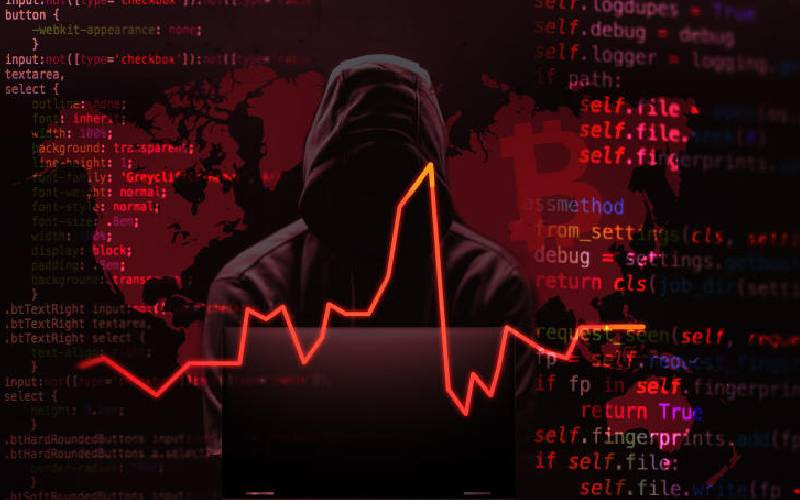×
The Standard e-Paper
Stay Informed, Even Offline

As we navigate through the digital age, safeguarding our personal information on the internet is becoming increasingly challenging.
Driven by the belief that data is the new gold, hackers, and scammers persistently devise new and innovative ways to break into systems and steal data.